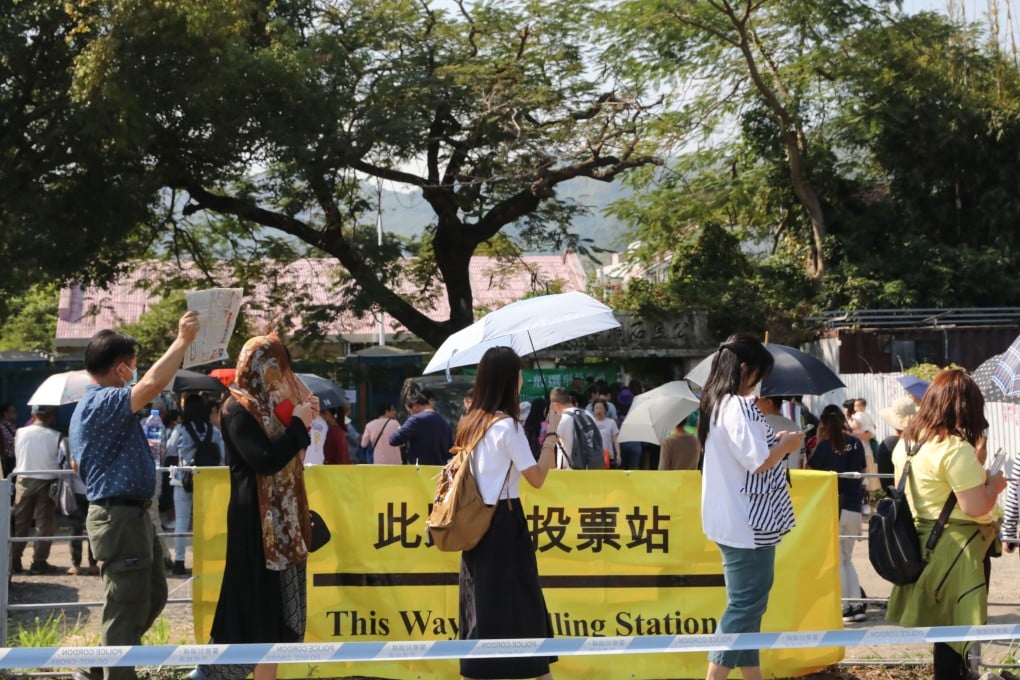Hong Kong elections: number of new registered voters falls to 419, compared with 334,000 last year
- Latest data from the Registration and Electoral Office shows sharp decline in new sign-ups
- Number of voters aged 20 or younger drops by 22 per cent in what one analyst calls sign of public disillusionment with politics

Just 419 new voters registered in Hong Kong over the past 12 months, compared with nearly 334,000 who did so last year, official data released on Sunday showed.
According to the data from the Registration and Electoral Office, 4,467,363 people signed up to vote in 2021, a gain of 419. The office held its annual registration campaign between February and May, and the increase was far lower than in previous years.
For example, 319,000 new names were added in 2019, while the number was 333,967 last year. Those gains admittedly came during election years, when residents picked district council members and were slated to choose lawmakers last September, although that poll was ultimately postponed to this December due to Covid-19 health risks.
But the latest number is still far below average. The net increase was 85,143 in 2016 and 25,984 in 2017, although it fell to 9,249 in 2018.
The new figures also showed shifts in registration across age brackets. The number of voters between the ages of 18 and 30 dropped from 740,000 last year to 695,000, a decline of 6.5 per cent, while the figure for those aged 21 to 25 fell by nearly 6 per cent, to almost 268,000.
But the sharpest decline was observed in the 18-20 age bracket, which fell 22 per cent, from 120,239 people last year to just 93,516.
Voters aged 31 to 60, who account for half of all the registrations, fell by 0.64 per cent over last year, to 2.29 million. But the bracket for those 71 or above grew by 6 per cent, to 646,189.